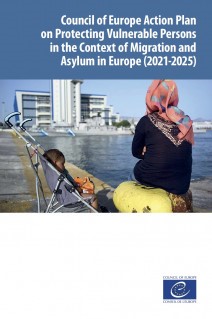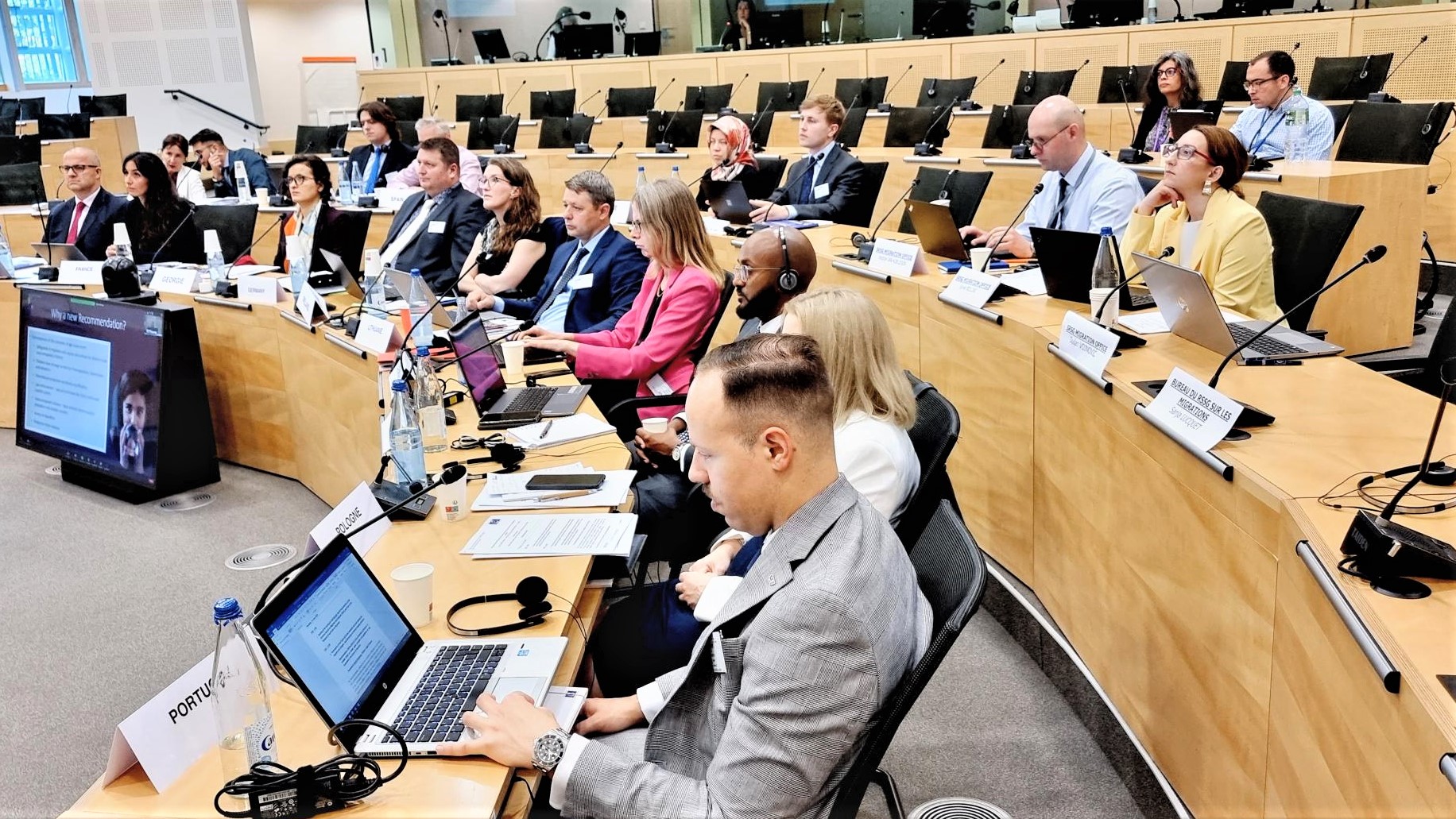
The First Interim Report on the Implementation of the Action Plan was published on 1 March 2023.

The Network of Focal Points on Migration provides an important forum for national authorities and policy-makers dealing with migration issues to meet and exchange information among themselves and with the Council of Europe on the protection of the human rights of migrants and refugees. The aim of the Network, composed of members from relevant ministries, is to address human rights challenges in the field of migration through the exchange of information, good practices and enhanced co-operation in the field of migration.
World Refugee Day
To pay tribute to refugees everywhere and in partnership with UNHCR, the Council of Europe (Les Mercredis du Conseil de l’Europe) has produced this special video.
14-15.05. Frontex - 34th meeting of the Consultative Forum on Fundamental Rights, Warsaw
13-14.06. 9th meeting of the Network of Focal Points on Migration, Strasbourg
20.06. World Refugee Day



